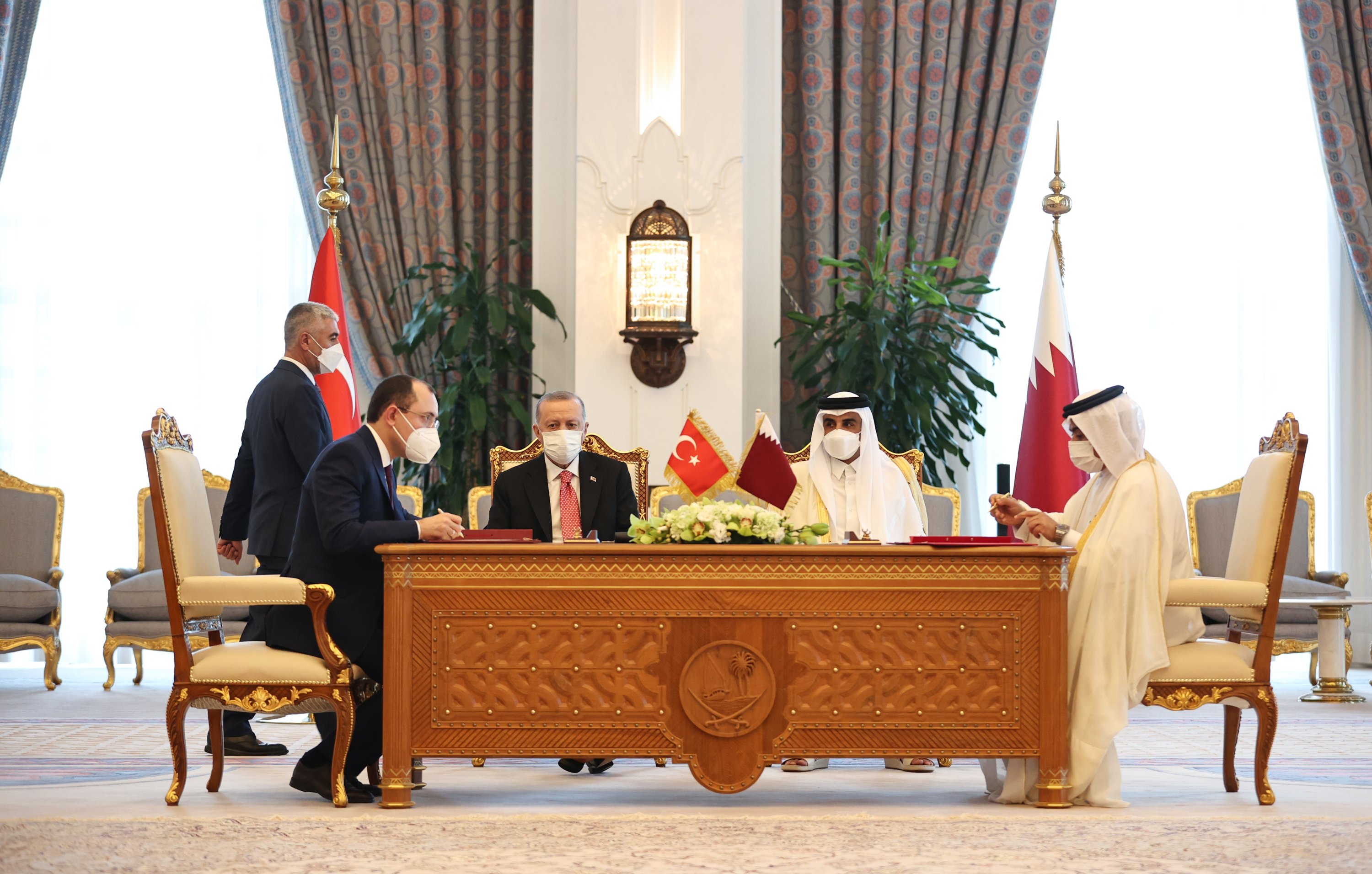The United Arab Emirates (UAE) and the State of Qatar have taken a significant step towards fostering a more streamlined business environment by signing a double taxation avoidance agreement (DTAA). The agreement, signed on May 30, 2024, aims to eliminate the possibility of companies and individuals being taxed twice on the same income in both countries.
This development marks a positive shift in the economic relationship between the two Gulf nations. The agreement is expected to incentivize cross-border trade and investment, particularly within sectors where both countries hold substantial economic weight, such as energy, tourism, and logistics. By removing the threat of double taxation, the DTAA provides greater clarity and predictability for businesses operating in both the UAE and Qatar.
Ali bin Ahmed Al Kuwari, Qatari Minister of Finance, emphasized the agreement's role in strengthening bilateral economic ties. He highlighted its contribution to upholding international transparency standards through the exchange of documented financial information. This exchange mechanism is designed to combat tax evasion, ensuring a more equitable and sustainable tax environment for both nations.
The UAE, a well-established regional business hub, has actively pursued the expansion of its DTAA network. With the addition of Qatar, the UAE boasts 146 such agreements, solidifying its position as a jurisdiction committed to fostering international trade and investment. The agreement is also complemented by the UAE's existing network of 114 investment protection agreements, offering comprehensive safeguards for foreign investments.
The signing of the DTAA coincides with a period of renewed political and economic cooperation between the UAE and Qatar. The agreement serves as a tangible manifestation of their commitment to fostering a more integrated and prosperous Gulf region. Businesses across various sectors are poised to benefit from the streamlined tax environment, paving the way for increased cross-border collaboration and economic growth.

